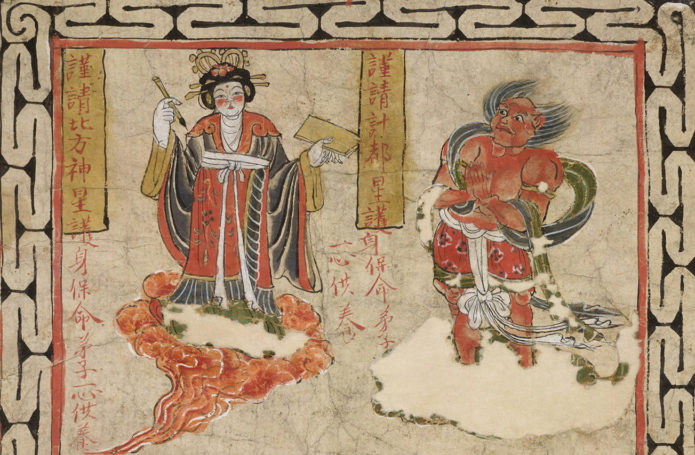On January 15, 2003, the first issue of The Silk Road — then a newsletter — was published. In the fifteen years since then, founding editor Daniel C. Waugh has introduced its readers to a vast array of fascinating scholarship from around the world, much of it unlikely to have reached an English readership if not for his untiring labors. Along with many other scholars and amateur enthusiasts, I have long greeted each issue of the journal with eager anticipation, delighting at articles on the reconstruction of Scythian saddles, the “old curiosity shop” of Khotan, or Bactrian inscriptions of the Kushan era, to name just a few of the fascinating pieces to appear under Waugh’s editorship. Alas, those days have come to an end. As of 2018, I have taken over his duties as the new editor of the journal, a transition that also coincides with the cessation of the print version and transfer to the online-only format seen here.
I first met Dan as an undergraduate at the University of Washington, where he taught for nearly thirty-five years. Back then, he was “Prof. Waugh,” which, despite his continued insistence to the contrary, still feels like the most suitable form of address for such an eminent scholar. In the spring of 1999, I was a freshman without a major. On a lark, I decided to enroll in his Silk Road course and was soon enthralled by the endless parade of colorful slides that animated his lectures. Even then, it was clear that this was no armchair scholar: most of the slides, even those of original art, came from photographs taken during his own travels throughout the remotest corners of Eurasia. Later, as a graduate student, I took his seminar on “The Great Game” and began to conduct my own research on Xinjiang from the perspective of Chinese-language source material. As a professor of history in my own right now, I continue to highlight the cosmopolitan themes of human exchange and interaction in the courses I teach at American University, from historiography seminars on the Silk Road to lecture courses on East Asian civilization. For those interested in learning more about my other scholarly and public outreach activities, please visit my website.
Following in Waugh’s footsteps as editor of The Silk Road is a daunting task, and I ask readers for their patience as I learn the ropes. No matter what, however, I look forward to bringing interesting scholarship on the Silk Road from around the world for the edification and stimulation of inquiring minds of all intellectual backgrounds. As always, if you have an idea for a research article, book review, or report on an exhibition or conference, please do not hesitate to get in touch with me via e-mail (jjacobs@american.edu) or mail:
Justin M. Jacobs
Department of History
American University
4400 Massachusetts Ave. NW
Washington, D.C. 20016

